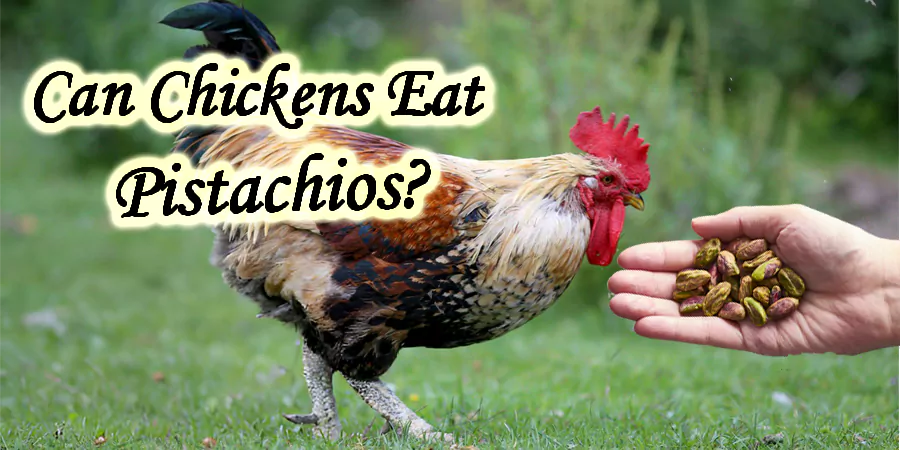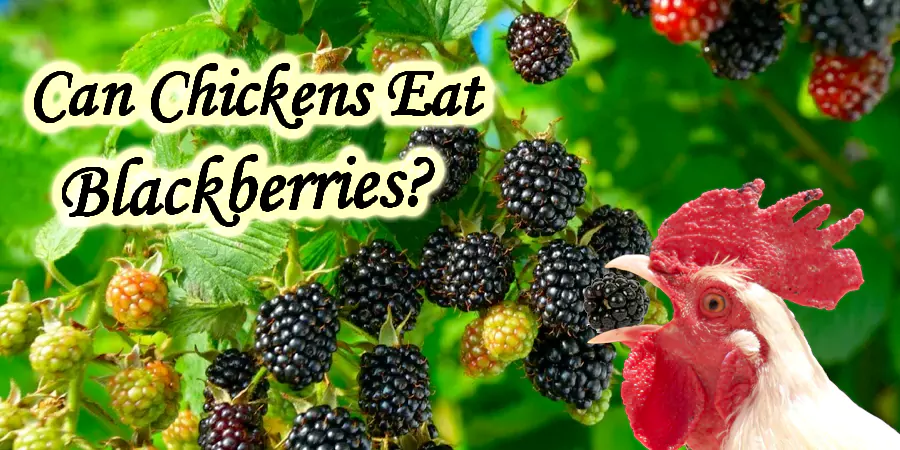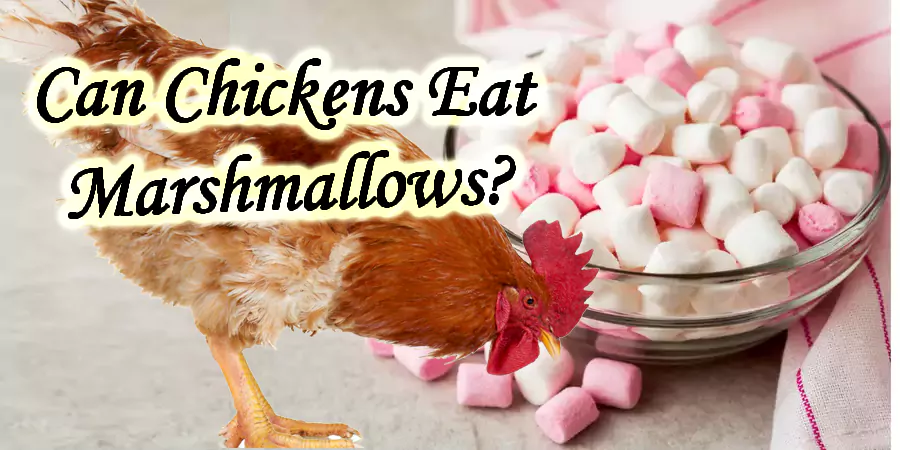Can Chickens Eat Pistachios? A Profound Scrutiny
Published: 8 Jul 2024
In exploring a nutrient-rich and healthy diet for clucking birds chicken enthusiasts wonder: can chickens eat pistachios? These crunchy nuts are loved by humans but have some concerns for chickens. Identifying and implementing the key precautions that can make pistachios safe for the flock is our core concern. It is crucial to know the nutritional value, potential benefits, and risks involved in serving pistachios to chickens. After analyzing these factors in this article we will be able to make sensible decisions to feed healthy food to our flock.

Can Chickens Eat Pistachios? A Profound Scrutiny
Are Pistachios Safe for Chickens?
Although pistachios have no toxic ingredients, the preparation process is vital. Additionally, moderation is essential for chicken’s health. Excessive use of pistachios can cause nutrient deficiency in chickens. Hard shells also create problems in digestion and cause blockage in the digestive tract. Pistachios are high in fat which can lead to obesity if served in large quantities. So, remove the shells and ensure a moderate quantity of pistachios for your flock.
Nutritional Value of Pistachios
The nutritional profile of any food is a vital factor to justify its use for chickens. Pistachios have a nutrient-rich profile containing lots of healthy nutrients. Protein content is available in pistachios which is required for feather and muscle growth. To perform physical activities chickens need energy and pistachios are rich in fats which is an energy booster.
A healthy chicken needs optimal functioning of the digestive system. Pistachio supports digestion in chickens with its fiber content. Pistachio nuts are packed with minerals like potassium, magnesium, calcium, and phosphorous. Vitamins B6, E, and folate are available in pistachios which help build the immune system and overall growth of chickens. If you want to take maximum nutritional benefits from pistachios then serve them in moderation.
How to Prepare Pistachios for Chickens?
It is important to prepare and feed pistachios in an entertaining way to make our flock safe and healthy. To perform the preparation process cautiously we have some suggestions for our fellow chicken owners.
- The selection of fresh pistachios is crucial because rancid nuts can be fatal for chickens.
- To make the treat delightful we must remove the shells. These shells are hard and difficult to digest for our flock.
- After removing the shells, introduce pistachios in small amounts.
- After analyzing their response you can adjust the quantity of Pistachios.
- Pistachio nuts must complement the balanced diet of chickens.
- Identify the signs of digestive upset in your flock and consult with a professional veterinarian.
- Never use Pistachios as the primary diet for chickens.
Can Chickens Eat Pistachio Shells?
From the beginning till now we have rejected the use of pistachio shells for chickens. It is the outer fibrous part of pistachios. It creates difficulty in the digestion process for chickens. Digestive tract blockage is a grave concern for chickens with eat shells. There are no significant nutrients available in shells. So, pistachio shells lack nutritional value, choking hazards for chickens, and are unfriendly for digestion. We are strongly recommended to err on the safer side and avoid using Pistachio shells on chickens.
Can Chickens Eat Pistachio Nuts?
Yes, chickens can eat pistachio seeds or nuts. Pistachio nuts are nutrient-rich food for chickens. It contains proteins, fiber, minerals, and vitamins which are helpful in the overall growth of chickens. To take maximum benefits from this nutty fruit you have to consider some cautions. We have already mentioned that use fresh and shell-free pistachios for chickens. Introduce pistachio seeds gradually and observe any unpleasant response from the flock. Above all, keep the volume of pistachios under 10% of the total diet.
Can Chickens Eat Salted Pistachios?
No, salted pistachios are not recommended for chickens. Excessive use of salty nuts can be harmful to chicken’s health. Chickens generally possess a low tolerance to salt. Salty pistachios can cause dehydration issues, result in electrolyte imbalance, and lead to kidney problems. Salt is added to pistachios to enhance their flavor but has adverse effects on our flock. Poultry experts have observed that an excess of salty content can result in digestive issues like diarrhea and gastrointestinal upset. So, never use salty pistachios for your flock.
Can Chickens Eat Raw Pistachios?
Yes, chickens can have raw pistachios in moderation. Raw pistachios have many nutritional benefits for chickens. Chicken keepers must employ the precautionary steps to ensure the safety of their flock. The most important step is moderation. Nuts are hard and crunchy for chickens. It is suggested to chop the nuts and serve them in small bite sizes according to the size and age of the chickens. Select fresh nuts, remove shells, and introduce them gradually to your flock.
Can Chickens Eat Pistachios Every Day?
No, pistachios can be served as an occasional food. We have confirmed that pistachios contain healthy nutrients but not enough to serve them to chickens every day. It contains fiber content which will cause obesity in chickens if served daily. Excessive use of pistachios will result in a reduction in egg production in hens. To avoid diet imbalance, keep pistachio portion under 10% of the routine diet.
Health Benefits of Pistachios for Chickens
Pistachios have some health benefits for chickens if served with caution. It is helpful for chicken owners to understand these benefits to gauge the outcome accordingly. To take these advantages of pistachios, ensure moderation. Here are some key beneficial properties of pistachios.
|
Health Risks of Pistachios for Chickens
Pistachios can have several negative effects on chicken’s health if cautions are not followed properly. It is crucial to identify these hazards and to take some preventive steps. Here are common risks associated with pistachios.
|
Alternatives of Pistachios for Chickens
If you are not satisfied with serving pistachios to your flock then some alternative foods are healthy and safe for chickens. Consider these options to replace pistachios.
- Walnuts: Walnuts are nutrient-rich food for chickens. It contains proteins and omega-3 fatty acids which improve heart health. The high volume of vitamins and minerals present in walnuts. Use walnuts without their shells.
- Sunflower Seeds: Sunflower seeds can be a favorable alternative to pistachios. It is a nutrient-rich food and contains minerals, vitamins, and omega-3 fatty acids. Antioxidants will help in bowel movement.
- Fruits: Fruits are considered the best options for an occasional diet. It will promote natural foraging behavior in chickens. Apples, bananas, honeydew, and dragon fruit are best for chickens.
- Vegetables: Vegetables are a nutritious addition to the routine diet of chickens. Vegetables can be easily mixed with other foods. Broccoli, Lettuce, Beets, Kale, and Squash are famous vegetables for chickens.
- Grains: Grains are best for chickens because of their diverse nutritional profile and entertaining feeding pattern. There are many types of whole grains available but Rice, oats, barley & wheat are common for chickens.
Conclusion
In conclusion, we are convinced that pistachios can be served to chickens in moderation. Some concerns must be considered before serving pistachios to your flock. Always go for fresh pistachios, remove the shells, chop the nuts, never add seasonings and salt, introduce gradually, observe the response from the flock, and never compromise on the moderation rule.
Never take pistachios as the primary source of diet for chickens. We have rejected the daily use of pistachios for chickens. Instead, we recommend the use of fruits, grains, walnuts, vegetables, and mealworms. If you have any queries related to the information in this article, please comment us. Your input will be highly appreciated.

- Be Respectful
- Stay Relevant
- Stay Positive
- True Feedback
- Encourage Discussion
- Avoid Spamming
- No Fake News
- Don't Copy-Paste
- No Personal Attacks

- Be Respectful
- Stay Relevant
- Stay Positive
- True Feedback
- Encourage Discussion
- Avoid Spamming
- No Fake News
- Don't Copy-Paste
- No Personal Attacks


